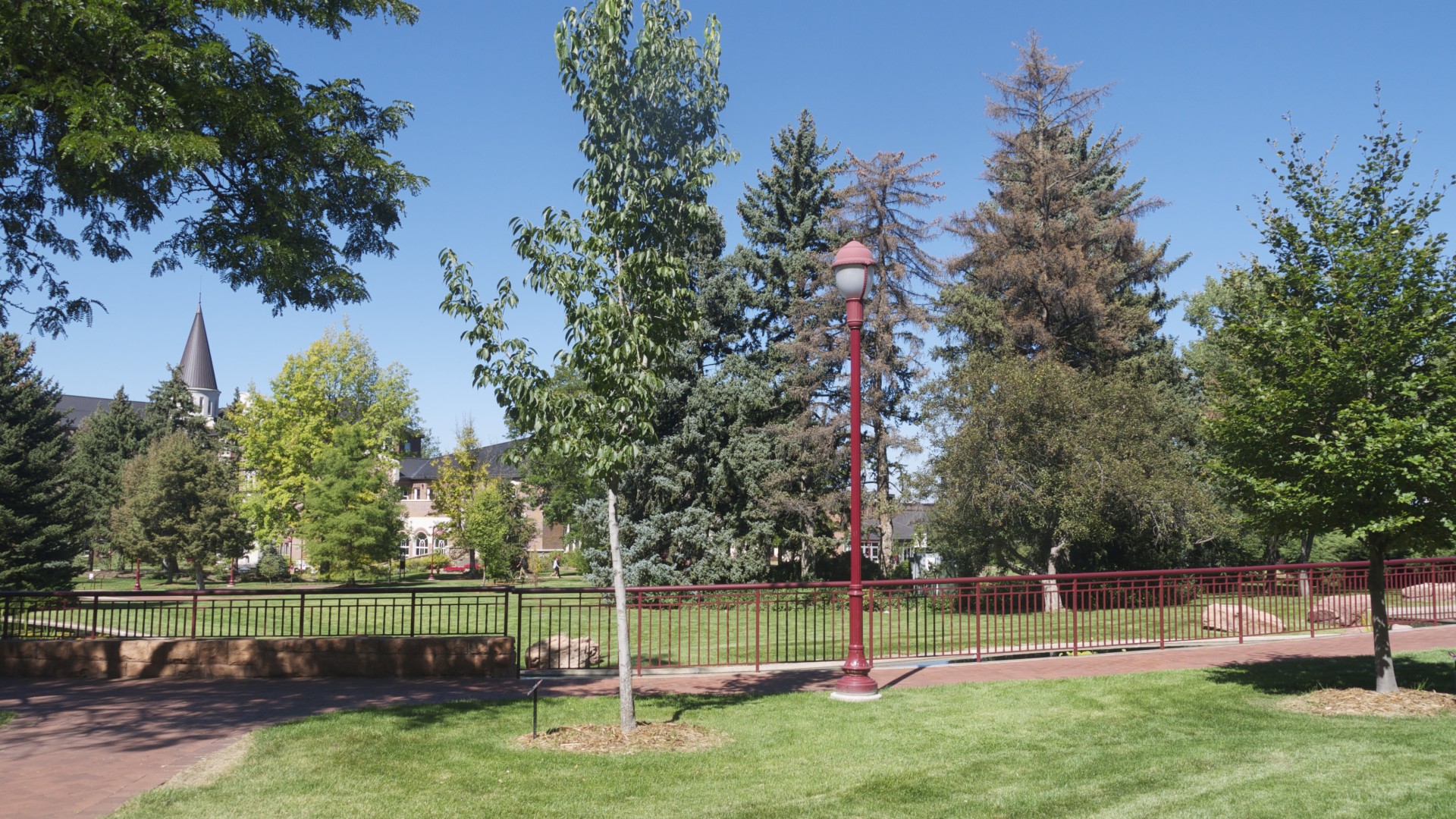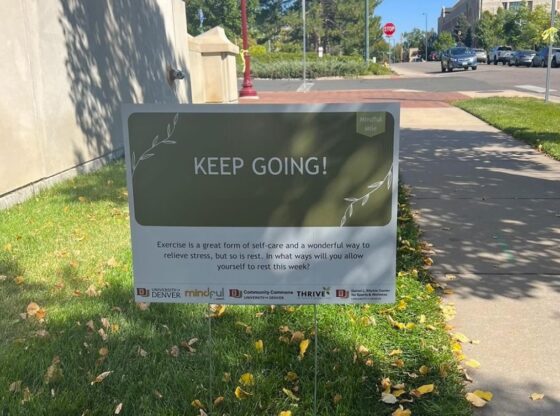Mental health issues are all too common on college campuses. About 75 percent of lifetime cases of mental illnesses begin by age 24, and one in four young adults between the ages of 18 and 24 have been diagnosed with a mental illness. However, many college students do not seek help for their mental health issues. More than 45 percent of college students who dropped out for mental health related reasons did not seek help while attending school, many because they were unaware of their options or because of the concern of negative stigma. Here at DU, there are many resources for students to use when struggling with mental health. Here are five resources for DU students:
1. Private counseling services at the Health and Counseling Center (HCC)
Students can request individual counseling for a variety of reasons, including anxiety, depression, stress, eating disorders, academic motivation and more. Sessions typically take 45-50 minutes and can help you learn healthy coping skills and increase understanding of self. New for the 2016-17 year, a student can walk in from 2 p.m. to 4 p.m. on weekdays for a 20 minute assessment of one’s mental health, a discussion of reasons they’re seeking help and a plan to help students get better. For more information, you can visit the HCC website or stop by their office in the Ritchie Center.
2. Group counseling services at the Health and Counseling Center (HCC)
Group counseling has been proven to be just as effective as individual therapy, if not even more effective in some cases. The HCC offers many group therapy sessions, including mindfulness workshops, grief and loss groups, LGBTQIA support and empowerment groups and more. Group counseling is an excellent way to gain support from those around you and see that you are not alone in your struggles. For more information you can visit the HCC website or stop by their office in the Ritchie Center.
3. Contact an Advocate at the Center for Advocacy, Prevention and Empowerment (CAPE)
CAPE exists to “support survivor healing by providing advocacy and support for victims of sexual assault, harassment, stalking and relationship violence.” All of the services provided by CAPE are confidential and free of charge. The program can do many things, such as help provide funds for medical bills, connect survivors to counselors, assist survivors in navigating the procedures to report sexual assault and more. For more information, you can visit CAPE’s website.
4. Let’s Talk drop-in hours
If you’re not sure if counseling right for you, Let’s Talk is an informal drop-in service, in which counselors talk about options for your situation. Let’s Talk is currently located in the Anderson Academic Commons with various drop-in hours. It is not an alternative for counseling but rather a place to help provide a direction toward solutions and resources to help navigate difficult situations. This service is free of charge.
5. After-hours telephone urgent crisis service
If you find yourself in a crisis situation in which you feel you need to talk to a counselor right away, you can call 303-871-2205 during HCC business hours to talk to a counselor or come in for a crisis session right away. After HCC business hours, you can call Campus Safety at 303-871-3000 and ask for the on-call crisis counselor.
Remember, taking care of your mental health is just as important as your physical health. Mental illness affects many people, especially college students, and it is nothing to be ashamed of. Taking care of yourself should come first. If you believe you need to receive treatment or want advice about how to deal with your mental health, there are many resources at DU.











